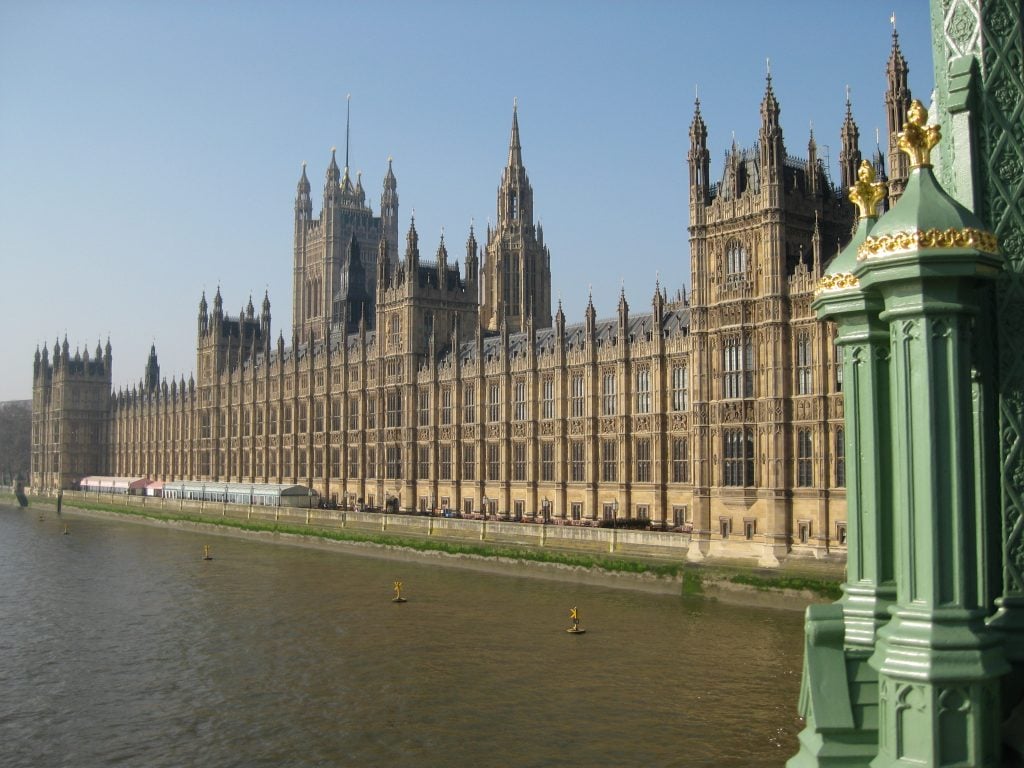
11:11 AM, 14th March 2023, About 2 years ago 11
Text Size
Landlords and property investors will be watching Chancellor Jeremy Hunt to see what is in store for the private rented sector (PRS) in tomorrow’s Budget.
Among those urging the Chancellor to help landlords is the National Residential Landlords’ Association (NRLA) which is calling for a tax review of how private rented housing is taxed.
Its call comes after 30% of landlords said they were planning to sell homes.
The NRLA made its call in a submission to Government – and backed this up with data that shows a third of landlords are planning to sell – despite 65% reporting that demand is increasing.
The NRLA wants Mr Hunt and the Treasury to review the impact of all recent tax changes on the supply of homes to rent, including the restriction of mortgage interest relief.
They also point to the 3% stamp duty levy on the purchase of homes to rent out and, in the Autumn Statement last year, an effective hike in Capital Gains Tax.
The association instead wants pro-growth tax measures to encourage landlords to remain in the sector and grow their portfolios.
The NRLA is also calling for:
The NRLA says it believes that last year’s Autumn Statement was a missed opportunity to remove barriers to the supply of housing and is now urging the Government to consider the full benefits that housing investment can bring to drive growth.
Ben Beadle, the organisation’s chief executive, said: “From students queuing to view properties, through to benefit claimants who struggle to access homes they can afford, the impact of the supply crisis in the rental market is stark.
“The harsh truth is that the Government’s efforts to discourage investment in the sector are working.
“But punitive taxation alongside record demand for rented housing is a disastrous combination that serves only to hurt renters – it is time to change tack.”
Jeremy Leaf, a north London estate agent and a former RICS residential chairman, said: “We’re told the Budget will be boring, so are not expecting any fireworks for the housing market.
“I would like to ask Jeremy Hunt – apart from trying to stabilise the economy and ease the cost-of-living crisis – please do something to increase the supply of good quality, energy-efficient homes to rent and buy.
“Greater availability of these will keep longer-term rents and prices in check so we don’t want the Chancellor to do anything which may reduce, or compromise, present activity levels.”
He added: “More specifically, we want to see greater encouragement of aspiring first-time buyers which would reduce the number renewing rental contracts and release much-needed stock, as well as softening rents and improving standards.
“Increased buyer/seller, landlord/tenant activity is not only good for the property industry but for the rest of the economy as well, due to its positive ‘multiplier’ impact on so many other businesses.
“We would like to see landlords incentivised, perhaps with nil-rate VAT to help them meet energy efficiency standards as part of a drive towards more retrofitting and net zero, provided tenants can be accommodated while works are in progress.”
Mr Leaf also believes that more needs to be done to encourage buy-to-let landlords to stay invested and reduce the number who are leaving the sector.
He said: “Perhaps this could be achieved by re-introducing mortgage interest tax relief and re-adjusting stamp duty thresholds to coincide with the Rental Reform Bill becoming law.
“Easing planning restrictions, particularly for SME builders on smaller sites, would increase delivery and specifically improve first-time buyer accessibility.”
And one proptech boss is calling for more cash to improve standards across the PRS.
Neil Cobbold, the managing director of automated rental payment specialists PayProp UK, said that landlords feel under increasing pressure because of upcoming legislative changes, while tenants want to ensure complaints over ‘rogue’ landlords offering substandard homes are acted on by local authorities.
He wants to see the Chancellor encouraging good landlords to remain in the sector and continue investing in housing stock.
He said: “The most important thing is to keep the economy stable and to ease the cost-of-living crisis.
“But if the Chancellor does find that he has some wiggle room, he should give priority to the private rented sector.
“The PRS amounts to around 20% of the available housing stock in this country and when it faces a crisis, it affects society as a whole.”
Previous Article
Virgin Media - Landlord Wayleave Form?
Rod
Become a Member
If you login or become a member you can view this members profile, comments, posts and send them messages!
Sign Up9:03 AM, 15th March 2023, About 2 years ago
Despite all governments claiming "Housing is a priority", we have had so many housing ministers in the last 20 years that if you look at the numbers, you would think it was an annual appointment.
Only Eric (now Lord) Pickles managed a meaningful term in charge of housing, serving as Secretary of State for Housing from 2010 to 2015.
This transitory approach to housing has led to a complete breakdown in joined up policy, with councils and courts underfunded, housing targets set then watered down and landlords vilified and taxed out of proportion to other sole traders.
Whilst not a huge fan of Michael Gove, he is bringing some clarity of vision and policy delivery on his watch.
If only he would let us know what is expected from the PRS by publishing (amongst others) the
- new EPC and MEES requirements
- new HHSRS requirements
- new Decent Homes Standards
- Renters Reform Bill